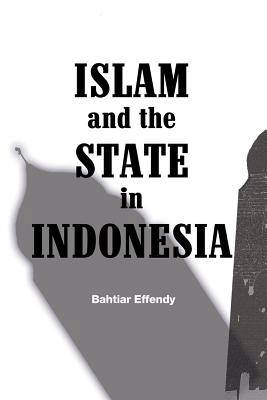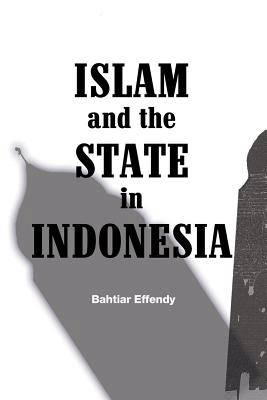
Bedankt voor het vertrouwen het afgelopen jaar! Om jou te bedanken bieden we GRATIS verzending (in België) aan op alles gedurende de hele maand januari.
- Afhalen na 1 uur in een winkel met voorraad
- In januari gratis thuislevering in België
- Ruim aanbod met 7 miljoen producten
Bedankt voor het vertrouwen het afgelopen jaar! Om jou te bedanken bieden we GRATIS verzending (in België) aan op alles gedurende de hele maand januari.
- Afhalen na 1 uur in een winkel met voorraad
- In januari gratis thuislevering in België
- Ruim aanbod met 7 miljoen producten
Zoeken
Omschrijving
Since the unraveling of Western colonialism in the mid-twentieth century, Muslim nations have struggled to reconcile Islamic ideas and political movements with the state. In Indonesia, in particular, Islam and the state have long been at an impasse. While the ritual dimension of Islam has been allowed to flourish, political Islam has been defeated by various means. Islam and the State in Indonesia probes the nature and effects of this mutual suspicion in a country in which 87 percent of the people are Muslims. Author Bahtiar Effendy addresses the problem of the Islam-state relationship in Indonesia in light of the fact that Islam--contrary to stereotypes--is a religion open to many interpretations and expressions by its followers. As Professor Effendy contends, there is no legitimate political reason to place Islam in opposition to the modern political system. Rather, the tension derives from the way Islam is articulated socio-culturally, economically, and politically in Indonesia. Islam and the State in Indonesia documents the background of this hostile relationship and analyzes the efforts of a new generation of Muslim political thinkers and activists to overcome it. The book also examines the state's recent moves toward accommodating political Islam. This book is groundbreaking both in its illumination of the past and in its insights into a way out of historic problems. It will be of great interest to students, scholars, journalists, government officials, and others seeking to understand this complex and divisive arena.
Specificaties
Betrokkenen
- Auteur(s):
- Uitgeverij:
Inhoud
- Aantal bladzijden:
- 265
- Taal:
- Engels
- Reeks:
- Reeksnummer:
- nr. 109
Eigenschappen
- Productcode (EAN):
- 9780896802384
- Verschijningsdatum:
- 6/08/2004
- Uitvoering:
- Paperback
- Formaat:
- Trade paperback (VS)
- Afmetingen:
- 158 mm x 230 mm
- Gewicht:
- 408 g

Alleen bij Standaard Boekhandel
+ 111 punten op je klantenkaart van Standaard Boekhandel
Beoordelingen
We publiceren alleen reviews die voldoen aan de voorwaarden voor reviews. Bekijk onze voorwaarden voor reviews.









